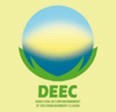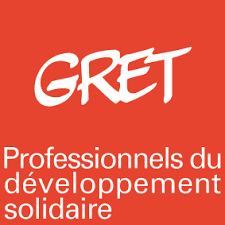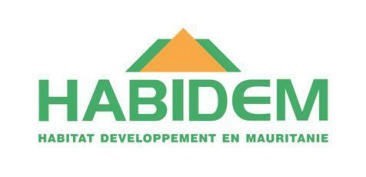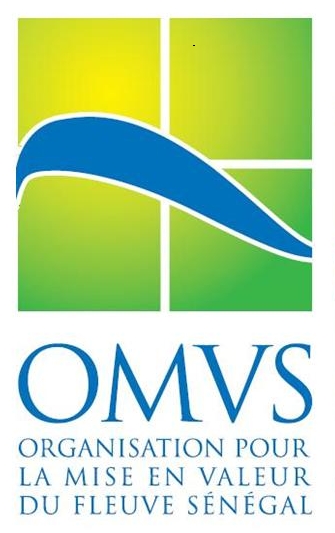TyCCAO – Typha Fuel Construction West Africa (Senegal)
The TyCCAO (Typha Combustible Construction Afrique de l’Ouest / West Africa) project aims to contribute to the ecological transition, and the fight against climate change by developing the use of fuels of renewable origin, and energy efficiency in the building industry, thanks massification, and dissemination of products made from typha.
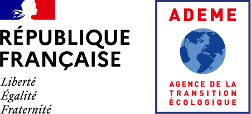
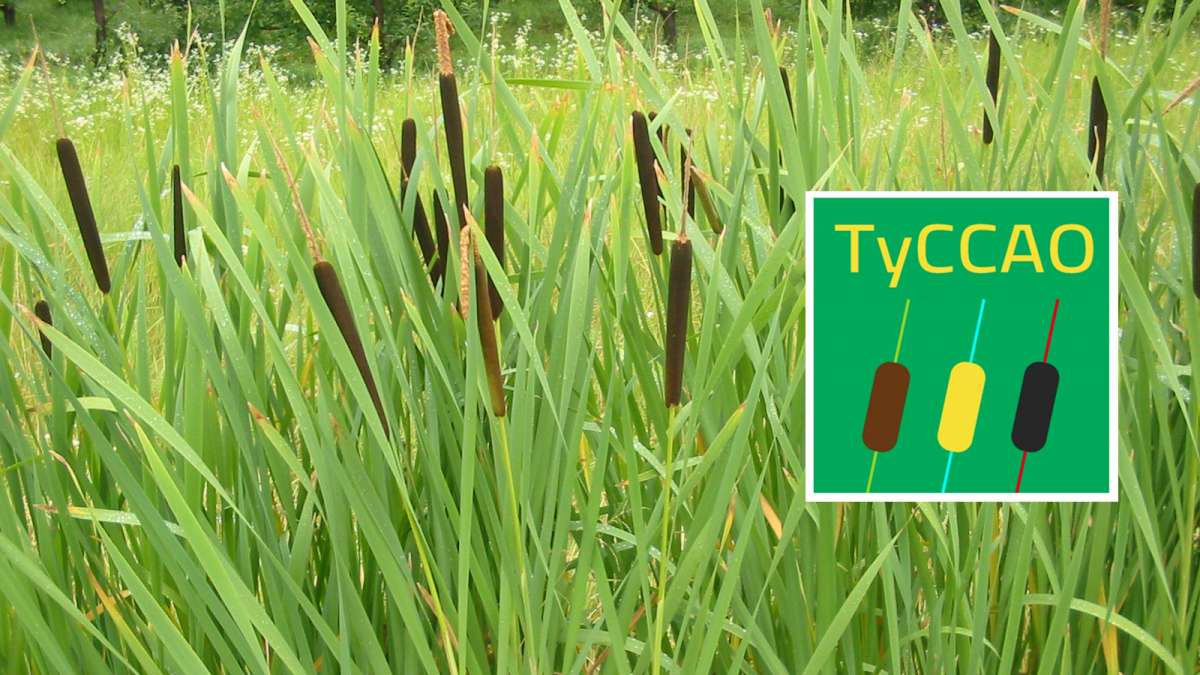
Overview of the project
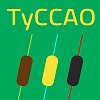
Senegal and Mauritania are facing a strong need for energy for development while being particularly vulnerable to climate change.
Typha is an invasive plant that grows on both banks of the Senegal River, which separates the two countries, and its proliferation generates numerous problems in terms of public health, access to water and maintenance of biodiversity.
The TyCCAO project proposes to establish innovative local channels for the use of this reed as a biofuel and construction material, to meet the challenges of climate change (mitigation and adaptation) in the energy, and construction sectors, which are major emitters of greenhouse gases (GHG):
- alternative energy to wood-energy for cooking: reduction of deforestation, indoor air pollution, energy expenses, etc.
- innovation in the construction sector: reduction of GHG emissions through the use of local and natural materials, promotion of local know-how, reduction of energy consumption, etc.
TyCCAO has 4 components:
- Knowledge and management of the typha resource: controlling the risks of typha invasion, establishing good management of the resource (consultation), structuring the supply of typha (cutting, processing, transport)
- Valorization of typha into biofuel: set up a semi-industrial biofuel unit (typha and rice husk) – supply, production, marketing, and create market and regulatory conditions conducive to biofuel
- Valorization of typha as a building material: develop building materials based on typha, support public policies, and create bioclimatic demonstration buildings integrating typha
- Capitalization, sensitization and training: sensitize the targeted actors and populations, train the actors of the sectors, capitalize on the activities carried out, communicate the results to reinforce local capacities, and contribute to the knowledge on such sectors beyond the project
To contribute to the ecological transition and the fight against climate change, by developing the use of fuels of renewable origin and energy efficiency in the building industry thanks to the massification and dissemination of products made from typha.
Ongoing research
06/01/2018 - 06/30/2022, Phase 1 (still in progress): 01/07/2022 - 05/16/2025
For Phase 1:
Fuel
- 2 artisanal units in Senegal capable of producing up to 800 kg of fuel per month
- A semi-industrial unit in Mauritania with a capacity to produce 1,000 t of biofuel per year
- More than 140,000 t or 140 ha of typha cut per year
- Substitution of wood fuel by the produced biofuel would avoid emissions of 12,000 teqCO2 [MF1] per year
Construction:
- 2 to 4 pilot buildings accompanied in Senegal and Mauritania
For Phase 1:
- Knowledge of the resource (agronomic characteristics, territorial distribution,) and its exploitation (cutting techniques, access rights and regulations) is improved and shared with the local and national actors concerned. This facilitates the development of value chains
- Different typologies of building materials are developed (earth-typha, thatch roofing, tied panels, typha concrete and loose insulation). Some of them are mature enough to be used in buildings
- For the others, the knowledge acquired is robust, and will allow a rapid transition from R&D to innovation and then to construction
- The foundations of a quality system, including a technical and environmental assessment, have been laid
- The tools for capitalizing on, and disseminating knowledge are in place. The first training sessions have been held, and the increase in technical and scientific skills has been activated
- Local green economic dynamics are developed, and local actors are empowered (technical, management, governance, etc.) in the two sectors targeted by the project through the establishment of pilot demonstration sites (fuel production unit, bioclimatic buildings)
The TyCCAO project is financed by the French Global Environment Facility (FFEM), the French Environment and Energy Management Agency (ADEME), the French Ministry of Ecological Transition (MTE), and the project partners.
organisation
At ADEME, the French Environment and Energy Management Agency, we are resolutely committed to the fight against global warming and resource degradation, mobilizing citizens, economic players and local authorities on all fronts and giving them the means to move towards a resource-efficient, low-carbon, fairer and more harmonious society.
In all areas – energy, the circular economy, food, mobility, air quality, adaptation to climate change, soil, etc. – we advise, facilitate and help finance numerous projects, from research to the sharing of solutions.
At all levels, we put our expertise and foresight capacities at the service of public policies.
ADEME is a French public institution under the supervision of the Ministry of Ecological Transition and the Ministry of Higher Education, Research and Innovation.
in collaboration
Many institutions also participate in TyCCAO, including AARMBN, Caupid, Cerema, CSFP-BTP, Emasol, ENTPE, EPT, ESP UCAD, ISET, IUT Thiès, Madiana Hazoumé, M’Cub, OMA, D Turquin Conseil, TypHAS, UNA, etc.







